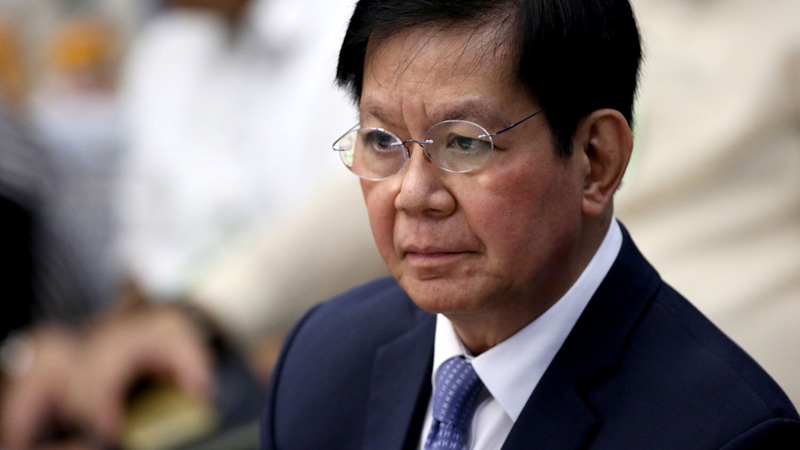SEN. PANFILO “Ping” Lacson wants to restore to the Philippine National Police (PNP) the authority to issue subpoenas, a move aimed at bolstering and speeding up investigations in the ramped up anticrime campaign of the Duterte administration.
In Senate Bill No. 1052, Lacson seeks to amend the Department of the Interior and Local Government Act of 1990 which placed the PNP under the purview of the DILG but stripped the police of the power to subpoena individuals and documents in the course of criminal investigations.
The bill is among several measures Lacson, a former PNP chief, has proposed to aid the police in their investigations, including amending the Anti-Wiretapping Law to allow for eavesdropping on electronic communications in the course of investigating drug-related crimes.
Lacson’s bill would revise Section 35 (b)(4) of the DILG law to give the director and deputy directors of the PNP Criminal Investigation and Detection Group “the power to administer oaths in cases under investigation and to issue subpoenas or subpoenas duces tecum (for documents).”
“Under the present law, the CIU (criminal investigation unit) is mandated to undertake the monitoring, investigation and prosecution of all crimes involving economic sabotage, and other crimes of such magnitude and extent as to indicate their commission by highly placed or professional criminal syndicates and organizations,” Lacson said.
“Hence, it is somewhat contradictory that the primary investigative unit does not possess the power to issue administrative subpoenas for the conduct of their mandated duties,” he said in his bill.
The PNP had the authority to issue subpoenas through the 1969 law that defined its powers, including the authority to issue subpoenas by the chief and deputy chief of what was then called the Criminal Investigation Service (CIS).
The DILG law of 1990, however, repealed that authority.
